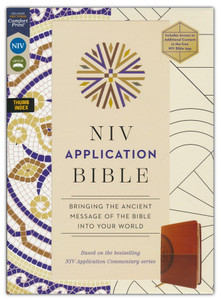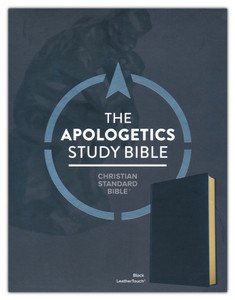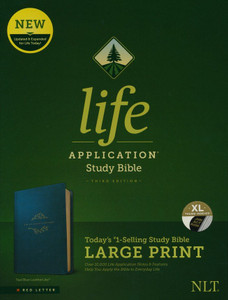Study Bibles
A study Bible is a specialized version of the Bible that includes additional tools and resources that can help readers understand and interpret the biblical text more deeply. In using any study Bible, it is important to note that it is God's Word with the commentary written by man, which can include incorrect interpretations. Not all study Bibles are created equal.
Resources are typically integrated within the Bible itself and can include:
Explanatory Notes: Detailed annotations and commentary on the verses, providing historical context, linguistic insights, theological perspectives, and explanations of difficult passages.
Cross-References: Links to other related passages in the Bible to show connections between different parts of Scripture.
Maps and Charts: Visual aids that illustrate the geographical context of biblical events and thematic charts that help summarize and explain key concepts.
Introductions and Outlines: Summaries of each book of the Bible, outlining the main themes, authorship, historical context, and structure.
Word Studies: In-depth looks at the meanings of key Hebrew, Aramaic, and Greek words used in the Bible.
Topical Indexes and Concordances: Tools for finding where specific topics or words are mentioned throughout the Bible.
Theological Essays: Articles written by scholars on various doctrinal issues, historical contexts, and practical applications of biblical teachings.
Devotional Content: Reflections and practical applications for personal spiritual growth and living out biblical principles.
Different study Bibles cater to different audiences and theological perspectives. For example, some are designed with a focus on historical-critical methods, while others might emphasize devotional or theological study.











